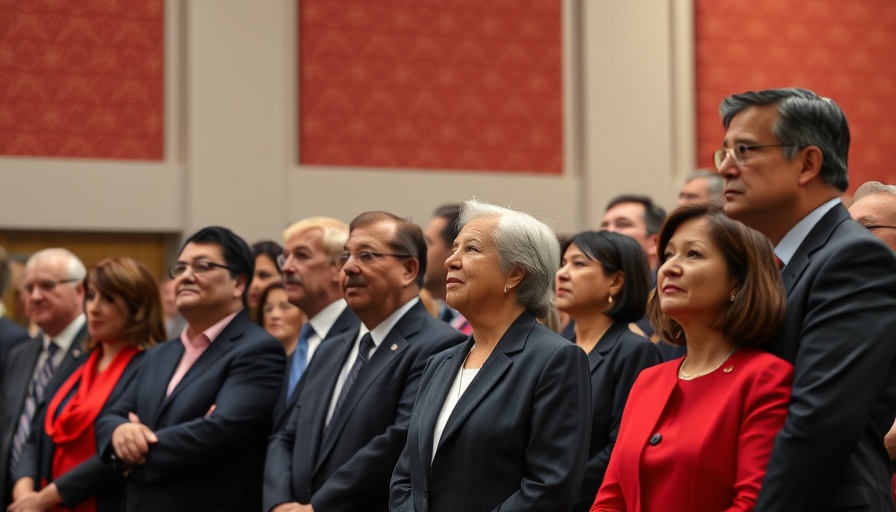
What Science Says About Buying Happiness
For many, the pursuit of happiness leads to an endless cycle of shopping and acquisition, driven by the belief that material possessions can fill the void of dissatisfaction in life. However, research consistently suggests that while money can buy us many things, happiness is not one of them. This conundrum, often dubbed as hedonic adaptation, indicates that our thrill from new purchases quickly fades, leading to anxiety and lower life satisfaction over time.
Understanding Hedonic Adaptation
Hedonic adaptation is the psychological phenomenon that explains how we quickly return to a relatively stable level of happiness following positive or negative events. A study published in the Academy of Management Review found that those who prioritize material possessions over relationships tend to experience greater anxiety and dissatisfaction. Similarly, the Journal of Consumer Research revealed that attempts to increase happiness through consumption often result in chronic dissatisfaction. This indicates a compelling narrative: our desire for more often leads to less fulfillment.
Money’s Limits on Happiness
Further insights from research conducted by Princeton University reveal a curious finding: individuals earning above $75,000 annually do not necessarily report greater happiness. Adjusting for inflation, this figure now hovers around $100,000. It emphasizes a crucial point: beyond meeting basic needs, more money does not equate to enhanced happiness. The reality is stark – spending can fulfill our material desires, but it often does not touch the deeper, emotional aspects of our lives.
The Surprising Pathway to Happiness: Buying Time
Enter the concept of buying time. A significant study published in the Proceedings of the National Academy of Sciences surveyed individuals who spent money to lighten their workloads by outsourcing unpleasant tasks like cleaning or yard work. The conclusion was clear: those who allocated resources to gain free time reported higher happiness and life satisfaction.
Wealth Isn’t the Deciding Factor
You may wonder, does this happiness arise solely from having disposable income? Interestingly, the study revealed that even individuals at the lower ends of the economic spectrum reported increased happiness when they purchased time, defying the assumption that wealth is a prerequisite for satisfaction. Regardless of financial status, the act of prioritizing time over tasks improved overall well-being.
Breaking Conventional Wisdom
The findings challenge conventional wisdom about happiness. Many people believe that purchasing the latest gadget, designer clothing, or even a new car will lead them to happiness. However, as studies demonstrate, these material possessions often lead to disappointment. Investing in experiences or delegating mundane tasks offers far greater emotional returns, supporting the notion that time is among the most valuable commodities.
Practical Insights: How to Buy Happiness with Time
So, how can you integrate these insights into your life? Consider delegating tasks that drain your energy and time. Hire a cleaning service, or use delivery services for groceries and takeout. By doing so, you can free up your time for what truly matters – connecting with loved ones or focusing on personal growth. Such investments yield more substantial returns in happiness than transient material purchases.
Transforming Your Mindset
This perspective has significant implications for how we view our time and money. Instead of adopting a consumer mindset reliant on continuous purchases, we can shift towards valuing our time as a precious resource. This not only enhances our satisfaction but cultivates deeper relationships and promotes overall well-being. As we navigate through this materialistic world, the challenge lies in reminding ourselves of the power of time and meaningful connections.
Conclusion: Making Choices for Greater Happiness
In today’s consumer-driven world, it’s essential to recognize the limits of what material wealth can offer. Happiness stems from meaningful experiences and the art of living with intention. By choosing to buy time rather than things, we position ourselves for a more fulfilled and satisfied life. As we embrace this shift in mindset, we invite greater joy and connection into our daily lives.
 Add Row
Add Row 
 Add
Add 


 Add Row
Add Row 
 Add
Add
Write A Comment